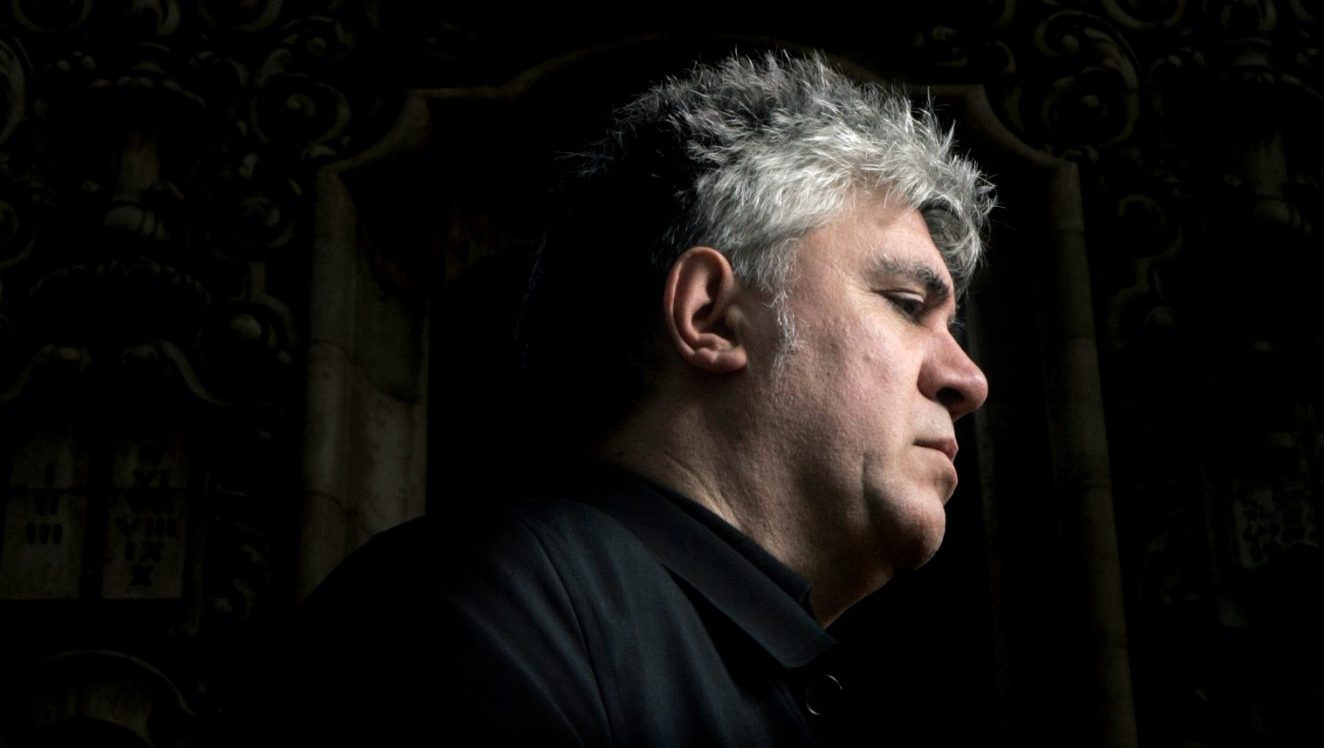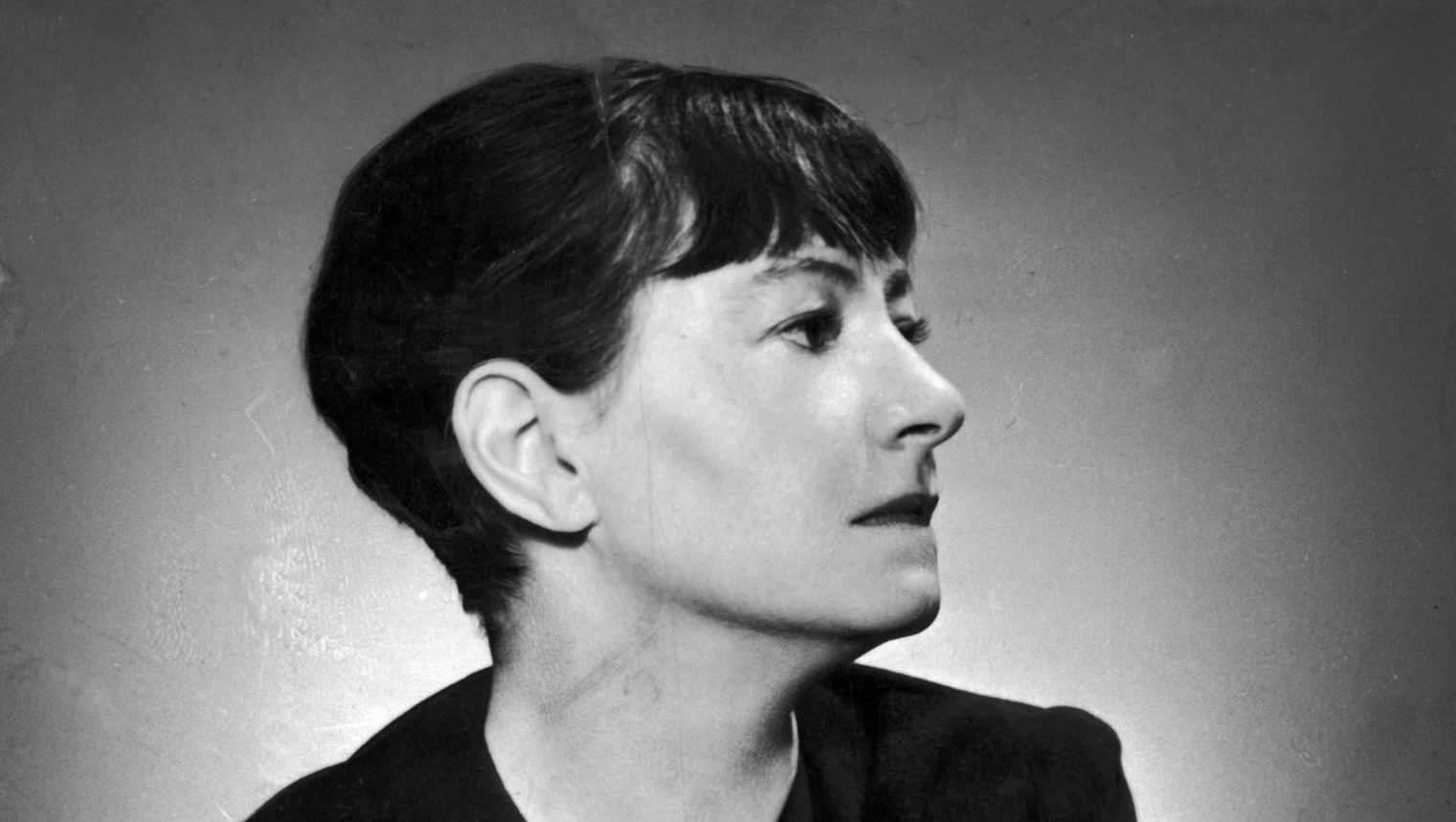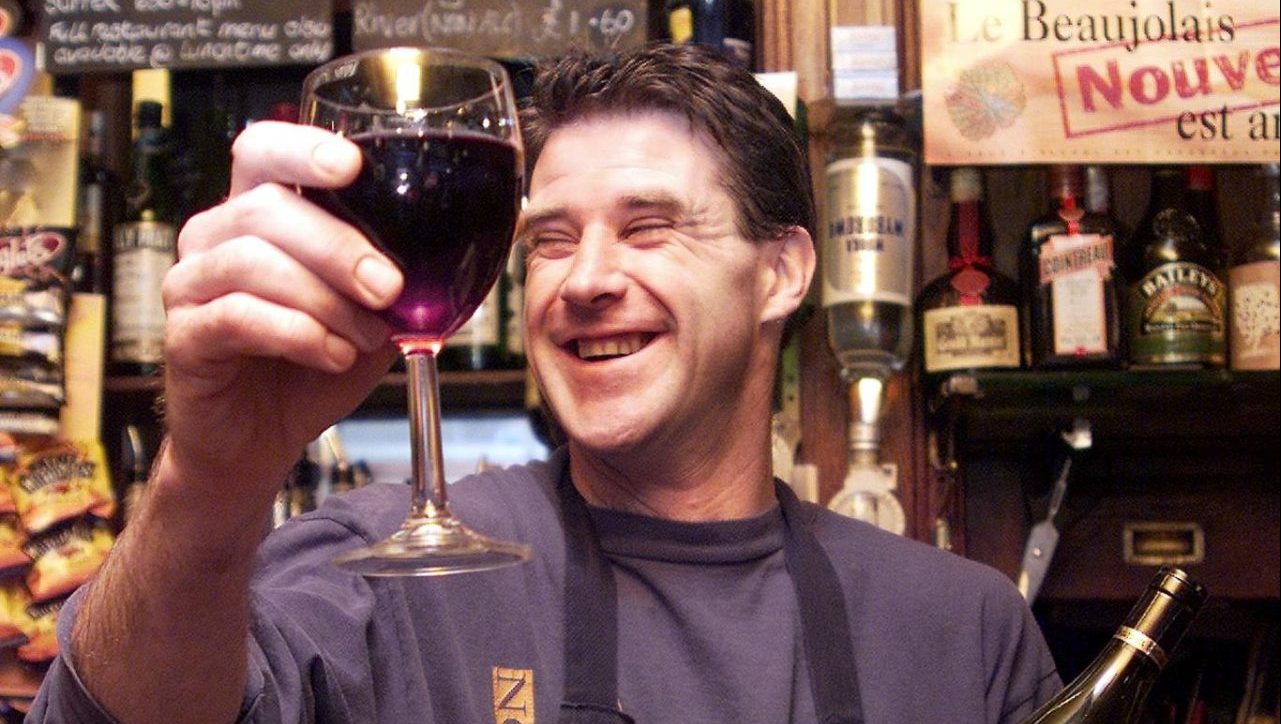He has made some of the most extraordinary films in the history of European cinema, and is certainly the most influential film-maker in the reclamation of Spanish culture after the fall of Franco, but Pedro Almodóvar has always thought of himself primarily as a writer.
A fabulist, he calls himself, a creator of stories that he transforms from the page – Almodóvar writes or co-writes all his films – to the screen in dark comedies and melodramas that tilt at the church, social convention and prudery with ingenious plot twists leading to unfailingly satisfying denouements.
What if we had access to Almodóvar’s writing without the images on screen? As a man who spends most of his creative hours coming up with words, surely they would give us at least some insight into the process? The opportunity is finally upon us with the publication last month of The Last Dream, a book that in true Almodóvar style is almost impossible to define.
The Last Dream is not strictly a collection of short stories and definitely not a memoir, even if Almodóvar himself describes the book in his introduction as “a fragmentary autobiography, incomplete and a little cryptic”. He has also described it as “a collection of stories (I call everything a story, I don’t distinguish between genres)”, which muddies the waters further.
Two thirds of the dozen pieces in The Last Dream are works of fiction, yet if there is an autobiographical aspect to the book it is in how their creation spans more than half a century: the pieces date as far back as his schooldays while the most recent was written last year.
Credit for their assembly goes to Almodóvar’s long-serving personal assistant Lola García, who had carefully saved the manuscripts over the course of many years when they would otherwise have vanished among a succession of house and office moves. Carefully retaining them in blue folders, Garcia showed this idiosyncratic archive to leading Spanish literary editor Jaume Bonfill.
“It was like seeing a dimension of Pedro that I didn’t know,” said Bonfill, and when he proposed publishing a selection, Almodóvar agreed, insisting upon only minimal editing of the collection.
Anyone even vaguely familiar with Almodóvar’s cinematic output will not be surprised to learn that this is a curious book. For one thing, why publish it at all?
“I decided that I wanted to involve the reader in these stories, which, in some way, describe my genesis – as a film director and as a scriptwriter,” he writes. “Through them, you can kind of see the universe in which I live, my mentality, and how I deal with certain themes.”
Yet The Last Dream feels like the kind of book usually produced posthumously, a literary epitaph of ephemera designed to complete a lifetime’s work. These often make uncomfortable reads, the reader often feeling there was a good reason why the author chose not to publish them, yet Almodóvar is happy to release this scrapbook gallimaufry spanning more than 50 years.
Death, it seems, lurks in the background of his reasoning. Almodóvar is 75 years old now and while he is still making films, including this year’s Room Next Door that won top prize at the Venice Film Festival, he is increasingly aware of the Grim Reaper’s looming presence.
“I have a problem with death now, with mortality,” he told an interviewer earlier this year. “I do not think ‘I’ve just lived another day,’ but instead, ‘I’ve got one less day to live.’”
Perhaps this explains why he is happy for the book to be released now. This way he has some control over what exactly is included, still having a say in what will one day become part of his legacy. In addition, it is a neatly arranged way for the septuagenarian Almodóvar to look back on and assess his own creative life and development as an artist.
“In this new century I’ve become more sombre, more austere, more melancholic, less certain, more insecure and more afraid,” he writes, “and this is where I find my inspiration.”
Reading The Last Dream it is difficult to know exactly what to make of it. Inevitably it is patchy, with some pieces working much better than others. Any collection assembled over five decades by any writer would be the same.
Treating the book as a volume of short stories doesn’t work, treating it as a memoir doesn’t work either. It is probably best to read The Last Dream as Almodóvar regards it, a contemplation of a writing life recollected in old age, glimpses of a life, the raw data of a unique mind and outlook.
It may also serve as a companion to his cinematic output, tangential to his filmography. Certainly fans of Almodóvar’s cinema will find many of the themes, scenarios and even characters familiar.
The opening piece, for example, The Visit, is a clear precursor to his 2004 film Bad Education. The story opens with Paula, dressed like Marlene Dietrich in The Devil Is a Woman, visiting the Catholic boarding school attended by her late brother Luis to confront the headmaster about the sexual abuse Luis suffered at his hands. An inevitably frank exchange of views ensues.
“You said it yourself, you are a whore. How can one insult a woman who makes sin her profession, her driving force?”
“And what do you call the depravity that takes place in this school under your watch? I give my body to the men who desire me, who willingly seek me out, but at the age of 10 what weapons did Luis have to fight you off?”
The Visit is one of the best pieces of writing in the book, certainly the best fictional story, Almodóvar’s anger at the church fizzing from the page in a tale whose twist is no less dramatic for the fact many readers will already know what is coming. Aficionados will also enjoy how in Bad Education the story brandished by the protagonist that details the abuse is called The Visit.
Sometimes the writing feels more like a screenplay than prose. Indeed, Almodóvar states in the most recent piece in the book, A Bad Novel, that, “Early on, when I was young, my dream was to become a writer, to write a great novel. Over time, reality proved that what I wrote inevitably became a movie. I realised my writings were not literary stories, but rough drafts of screenplays.”
This is most obvious in The Mirror Ceremony in which Count Dracula enters a monastery, where the opening is cinematic in both its vision and composition and could be the first page of a screenplay:
“On the summit, remote, shielded, isolated, stands the monastery of a cloistered order of monks. The carriage comes to a halt outside the gates. The Count telepathically communicates with the beasts that draw his carriage. It is pitch dark.”
Curiously it is in the non-fiction pieces that Almodóvar the writer truly emerges. In Adiós Volcano he pays moving tribute to the Mexican singer Chavela Vargas, a long-time favourite and friend of the director who features on the soundtracks of a number of his films and even appears on screen.
“Chavela Vargas fashioned loneliness and abandonment into a cathedral that turned no one away and from which we emerged reconciled to our mistakes and willing to carry on making them – to try again,” he writes in one of the most heartfelt eulogies you’ll read about any musical artist. Few writers have captured the ability of music to move the listener better than Almodóvar does here, such as when he recalls attending a Vargas concert at the Olympia in Paris with Jeanne Moreau and how when he tried to translate the lyrics for her Moreau said, “‘There’s no need, I understand her perfectly,’ and not because she spoke Spanish”.
The best piece in the book, however, and it is truly outstanding, is the title story The Last Dream, in which Almodóvar discusses the death of his mother Francisca Caballero in 1999. Those who know his films will already be aware of the high regard in which Almodóvar has always held his mother and this is a heartfelt celebration as much as a eulogy, written with immense warmth and a deep personal openness.
When Almodóvar was a boy in Extremadura, Caballero worked hard to keep her large family, earning extra money by writing letters for illiterate neighbours and reading out their received correspondence.
“More than once,” writes Almodóvar, “I glanced at the text and was astonished to discover that her words did not exactly match what was written on the paper: my mother embellished what she read. Our neighbours never caught on because her fiction remained always a perpetuation of their lives, and when the reading was over, they were delighted.”
From this Almodóvar learned “how reality needs fictions in order to be more complete, more pleasurable, more bearable”.
When his mother died, Almodóvar was at her bedside. She fell into a deep sleep, woke up, asked if there had been a storm, then closed her eyes again and was gone. For Almodóvar those last words were tantalising.
“Friday was a sunny day, and some sunshine was streaming through the window,” Almodóvar writes. “What storm was my mother referring to in her last dream?”
The Last Dream by Pedro Almodóvar, translated by Frank Wynne, is published by Harvill Secker, price £16.99




